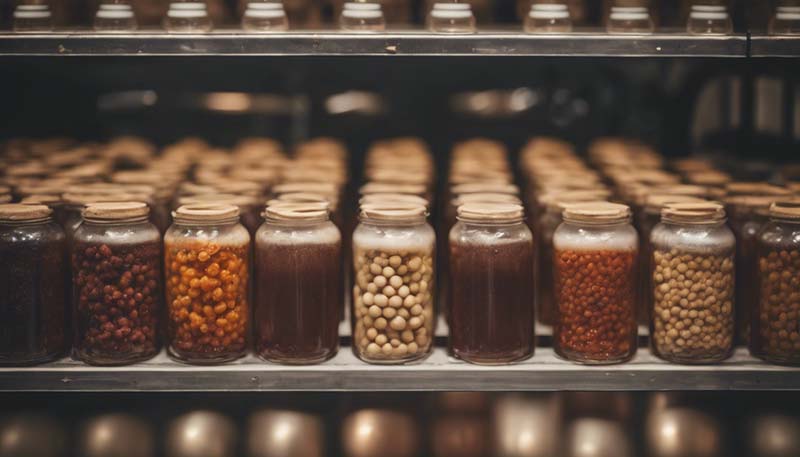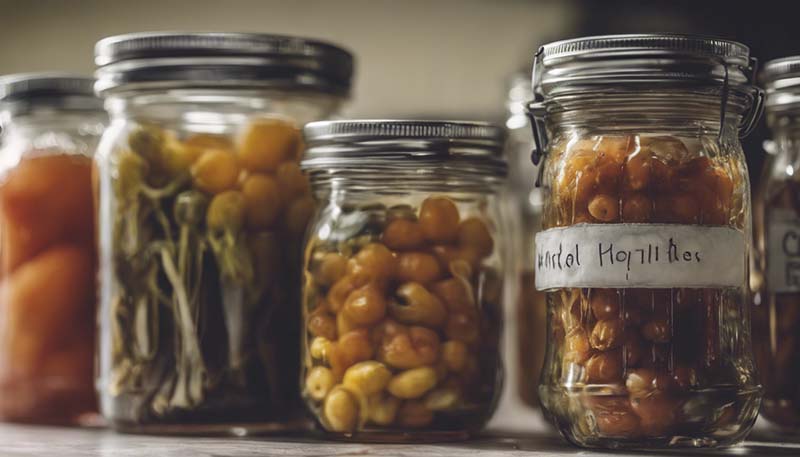The Truth About Sugar: Understanding Your Intake
Introduction
Sugar is a common ingredient in our daily diets, often added to sweeten food and beverages. However, there is much debate about the effects of sugar on our health. This article aims to provide a comprehensive understanding of sugar, its types, its role in our diets, and the potential health implications of excessive intake.
Types of Sugar
Sugar comes in various forms, including:
- Glucose: A simple sugar and the body's primary source of energy.
- Fructose: Found naturally in fruits and some vegetables, often used in processed foods.
- Lactose: A sugar found in milk and dairy products.
- Sucrose: Table sugar, composed of glucose and fructose.
- High-Fructose Corn Syrup (HFCS): A liquid sweetener used in many processed foods and beverages.
- Artificial Sweeteners: Non-caloric sweeteners used as sugar substitutes.
The Role of Sugar in Our Diet
Sugar serves several purposes in our diet, such as providing energy, enhancing the taste of food, and aiding in the fermentation process in baking. However, it is important to differentiate between natural sugars found in fruits and the added sugars found in processed foods, which can contribute to health issues when consumed in excess.
Health Implications of Excessive Sugar Intake
Excessive sugar intake has been linked to various health problems, including:
- Weight Gain: Consuming too much sugar can lead to an increase in calorie intake and weight gain.
- Diabetes: High sugar consumption can increase the risk of developing type 2 diabetes.
- Heart Disease: Sugar can contribute to high triglycerides and inflammation, increasing the risk of heart disease.
- Tooth Decay: Sugar is a primary cause of tooth decay and cavities.
Guidelines for Sugar Intake
Health organizations provide guidelines for daily sugar intake. For example, the American Heart Association recommends no more than:
- 24 grams (6 teaspoons) of added sugar per day for most women.
- 36 grams (9 teaspoons) of added sugar per day for most men.
It's important to read food labels and be aware of the amount of added sugars in the food and drinks you consume.
Strategies for Reducing Sugar Intake
Here are some strategies to help reduce your sugar intake:
- Choose whole, unprocessed foods: Opt for fruits, vegetables, and whole grains instead of processed foods.
- Read labels: Check the ingredients list for added sugars and choose products with less added sugar.
- Reduce portion sizes: Enjoy sweet treats in moderation and limit portion sizes.
- Use natural sweeteners: Replace refined sugar with natural sweeteners like honey or maple syrup in moderation.
- Increase fiber intake: High-fiber foods can help regulate blood sugar levels and reduce sugar cravings.
Conclusion
Understanding the different types of sugar and their roles in our diet is crucial for making informed choices about sugar intake. While sugar can be part of a healthy diet, it's important to be mindful of the amount of added sugars we consume to avoid potential health issues. By following the guidelines and adopting strategies to reduce sugar intake, we can maintain a balanced diet and promote overall health.
References
- American Heart Association. Added Sugars. (2021). Retrieved from https://www.heart.org/en/healthy-living/healthy-eating/eat-smart/nutrition-basics-added-sugars
- World Health Organization. Guideline: Sugars intake for adults and children. (2021). Retrieved from https://www.who.int/news-room/detail/04-03-2021-who-guidelines-sugar-intake-5
- Harvard T.H. Chan School of Public Health. Sugars and Health. (2021). Retrieved from https://www.hsph.harvard.edu/nutritionsource/sugars-and-health/






























Leave a comment